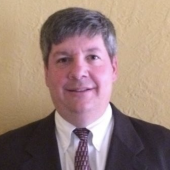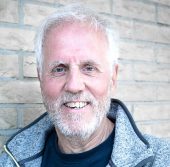Has time warp ever happened to you? That may help understand competency based education.
I was so deep into a passion project that I tuned out the rest of life. Questions emerge. “Have I lost my mind?” or “Have I actually tripped into the quiet secret of deeper learning?” Over the last year, the sense that time has altered has allowed me: to redesign my garden based on actual sun patterns; to flip time by 100 years with all eight Anne of Green Gables volumes; to really understand the categories of roses and grow grit trying to produce new rose bushes from rosehip seeds and to actually understand the chicken-egg-rooster thing and create projects for kids. Not surprisingly, I developed a diverse new set of competencies. No pressure to finish on time, just a need to know the next thing, and the next, to learn what I was passionate to know, experience, and be able to do was – this is what powered my emerging mastery.
Isn’t this the very thing we want in our learners? The drive to learn, to know, to experience, to create, to contribute. And isn’t this what they will need in their education, career, and life? Competency based education involves academic knowledge, along with personal skills and dispositions for life success. Competency-based teachers meet students right where they are, personalize and differentiate as needed, and support and guide them in designing pathways to meet goals. Their students advance on learning mastery rather than time. They engage in authentic, real-world, and self-directed work that builds learning and life skills, autonomy, and agency for choosing what’s next and where they are headed.
The Aurora Institute, formerly iNACOL, has provided an expansive definition of CBE. They offer clear guidance on how educators can transform their practices in personalization, instruction, assessment, pacing, equity, and experiential learning:
For more details about getting started with CBE, its growing adoption in American schools, and data about student learning and growth, check out these resources:
The Aurora Institute, formerly iNACOL, has provided an expansive definition of CBE. They offer clear guidance on how educators can transform their practices in personalization, instruction, assessment, pacing, equity, and experiential learning:
For more details about getting started with CBE, its growing adoption in American schools, and data about student learning and growth, check out these resources:
Time continues to play tricks on us. How can the month of May be upon us? How did it take so long to get here? How can I do nothing all summer? What amazing passion project will you design? What new competencies are about to break forth? What’s emerging for you?











